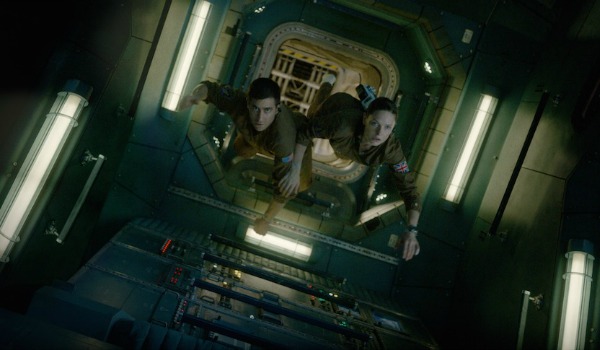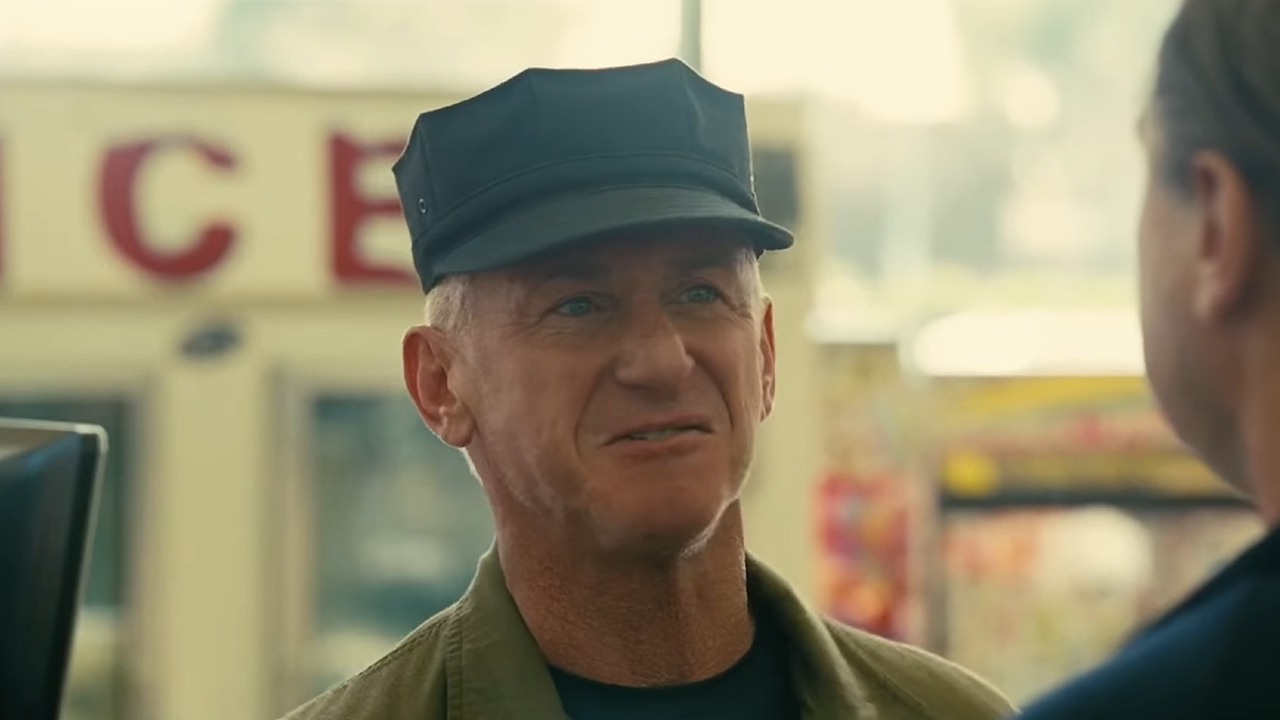Life has a very good idea of the film that it wants to be. Its gorgeous opening shot of the Mars space probe swirling through space being pelted by meteors evokes the quiet beauty yet constant menace and threat of dozens of space movies before it. The claustrophobic International Space Station setting is immediately reminiscent of Alien, its plot verges closer and closer to Gravity as it continues, while the patter between its characters and use of scientific jargon recalls The Martian.
The problem with flirting so closely with films of this calibre is that, once you do, you're immediately going to be compared against them. Just evoking these films isn't enough, though. You need to be able to stand on your own two feet as your own cinematic entity, which is why Life ultimately falls short of matching the heights of its predecessors. But don't be dissuaded, because there are still many positives. Yes, Life doesn't commit enough to its scares or set pieces to truly excel, but its gung-ho cast, tight plotting, slick visuals, and gripping conclusion mean it's entertaining, just not memorable.
Set on-board the International Space Station, Life kicks off with its crew performing the successful capture of a probe that's returning from Mars with a sample inside. This crew is made up of Dr. David Jordan (Jake Gyllenhaal), Dr. Miranda North (Rebecca Ferguson), Rory Adams (Ryan Reynolds), Sho Kendo (Hiroyuki Sanada), Ariyon Bakare (Hugh Derry), and Katerina Golovkin (Olga Dihovichnaya), and they're ecstatic to learn that the sample includes the first proof of extraterrestrial life. But the organism soon starts to grow and evolve at an alarming rate, and after a test backfires, it becomes hostile, threatening the lives of everyone on board, as well as those on Earth below.
The problem with Life is that it's almost too aware of the films that have come before, and it always feels like it's striving to be held in the same regard. This is obvious from its very first scene on-board the ISS, as director Daniel Espinosa (Safe House, Child 44) kicks things off with a long single shot that takes us around the space station, introduces us to the characters, and sees them collecting the sample in a death-defying manner. But this stylistic choice feels superfluous, and needlessly extravagant, especially as it comes at the cost of tension and allowing the audience to acclimatize to the geography of the ship.
Other than this opening, and one other death scene that's just too muddled to be compelling, Daniel Espinosa does a solid job with Life, though. Alongside cinematographer Seamus McGarvey, Espinosa creates slick visuals from a dank, realistic color palette, while he's able to generate a pace and energy to the film despite the confined surroundings, as well as tightening in around the characters when necessary, too. Espinosa also does a superb job with the first two death sequences, while he builds and constructs what could have been a confusing conclusion in a meticulous and ultimately gripping fashion.
It also helps that Daniel Espinosa has a superb cast at his disposal, each of whom provide the level of performance that you'd expect from them. Sure it's not career best stuff, but Gyllenhaal's heavy-hearted everyman, Ferguson's mysterious leader, and Reynolds as everyone's second best friend each work, while the rest of the supporting cast are able to create empathetic characters from minute details, too.
But Life just plods along a bit too predictably. After concocting a gripping enough concept, writers Rhett Reese and Paul Wernick are happy to follow the well-worn path of the film's predecessors, as six becomes five, which becomes four, and so on. At the same time, some of the character choices are just infuriating, and even though that admittedly pulls you closer in, it does so at the cost of the integrity of the film.
Your Daily Blend of Entertainment News
Life's riveting final few minutes means that you'll leave the cinema with sweaty palms and a feeling of satisfaction, while it follows the requisite narrative beats to keep you hooked and amused. But it is ultimately more disposal than notable, and is the sort of the film that soon becomes an afterthought.


